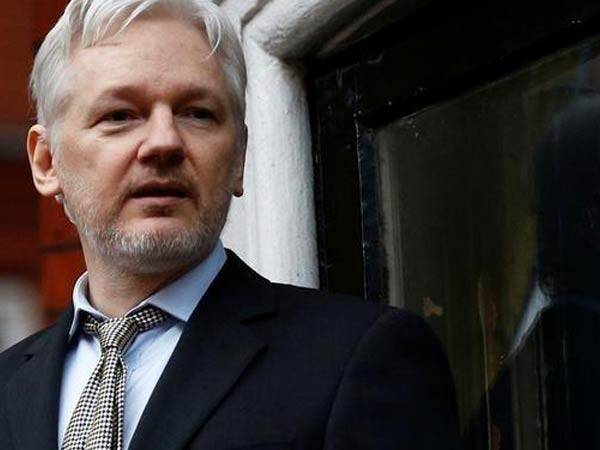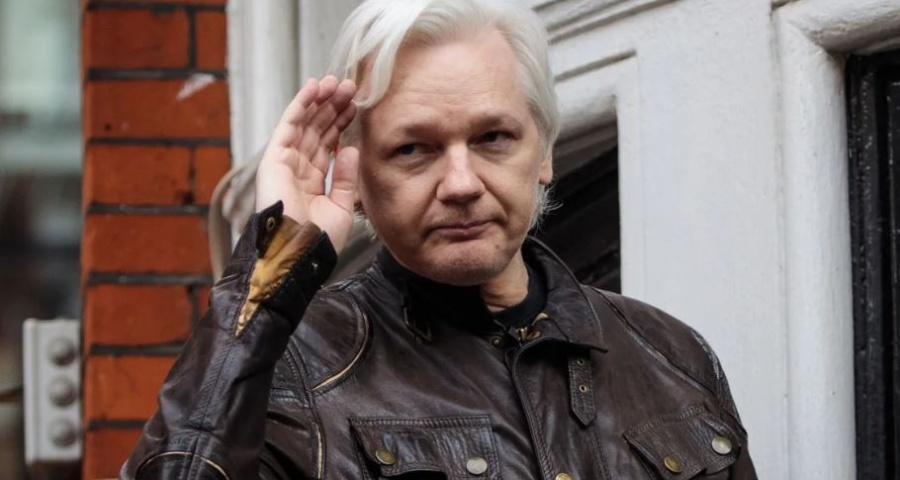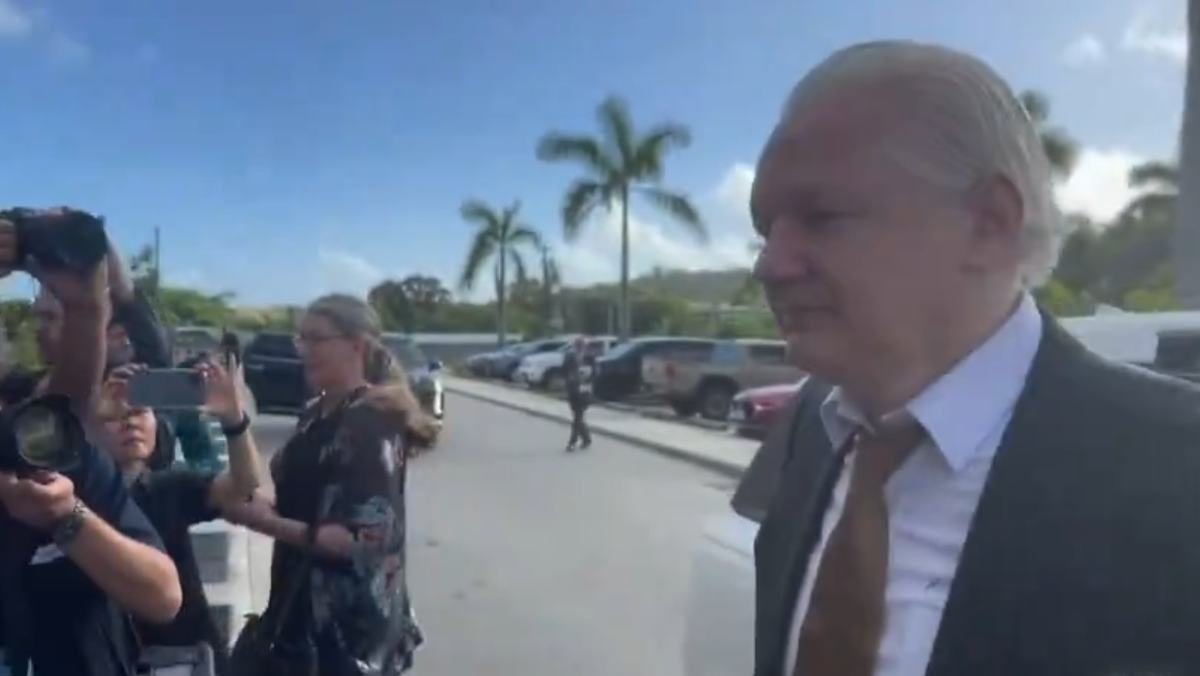Two appeals were filed on Thursday to the UK high court in order to contest Assange’s extradition.
WikiLeaks founder Julian Assange on Friday appealed against his extradition from the UK to the US where he faces espionage charges.
This comes as UK on June 17 approved extradition of Assange to the US over the spy charges. Assange’s organization had marked that decision as a “dark day for press freedom,” after UK Home Secretary Priti Patel signed the extradition order.
However, now Assange has appealed against his extradition from the UK. This move by Assange set the stage for months of further legal wrangling over whether he should be sent to the US to face espionage charges, reported Wall Street journal.
Gareth Peirce, a senior partner at Birnberg Peirce & Partners who is representing Assange, said that two appeals were filed on Thursday to the UK high court in order to contest his extradition. The court must now decide whether the appeals can be heard.
Assange had until Friday to bring the appeal. Assange’s lawyers are appealing both UK Home Secretary Patel’s decision and also elements of a ruling by District Judge Vanessa Baraitser last year, which broadly focused on whether Assange would get a fair trial in the U.S. The details of the appeals were not made public, as per the media outlet.
The charges on the WikiLeaks founder are related to the publication in 2010 and 2011 by WikiLeaks of a huge trove of classified material that painted a bleak picture of the American military campaigns in Iraq and Afghanistan, and their aftermath.
After the UK court passed the order to extradite Assange, his organization Wikileaks said, “This is a dark day for Press freedom and British democracy. Anyone who cares about freedom of expression should be deeply ashamed.”

A London court issued a formal extradition order back in April, leaving Patel to rubber-stamp his transfer to the US after a years-long legal battle.
Earlier, Jennifer Robinson, Assange’s legal counsel, had said that an appeal would be brought and that the case could ultimately be taken to the European Court of Human Rights in Strasbourg.
During the extradition order, Assange’s wife, Stella Moris, in a press conference had said that the UK “should not be engaging in persecution on behalf of a foreign power that is out for revenge… that foreign power committed crimes which Julian put into the sunlight.”
His extradition has been the subject of numerous court dates since his arrest, which took place after Assange sought diplomatic refuge in the embassy for seven years.
Rights groups have expressed concerns over the US’s indictment of Assange, saying it undermines freedom of the press.
“Allowing Julian Assange to be extradited to the US would put him at great risk and sends a chilling message to journalists the world over,” Agnes Callamard, Amnesty International secretary-general, said in a statement. (ANI)
ALSO READ: Hundreds gather to protest against Assange’s extradition














